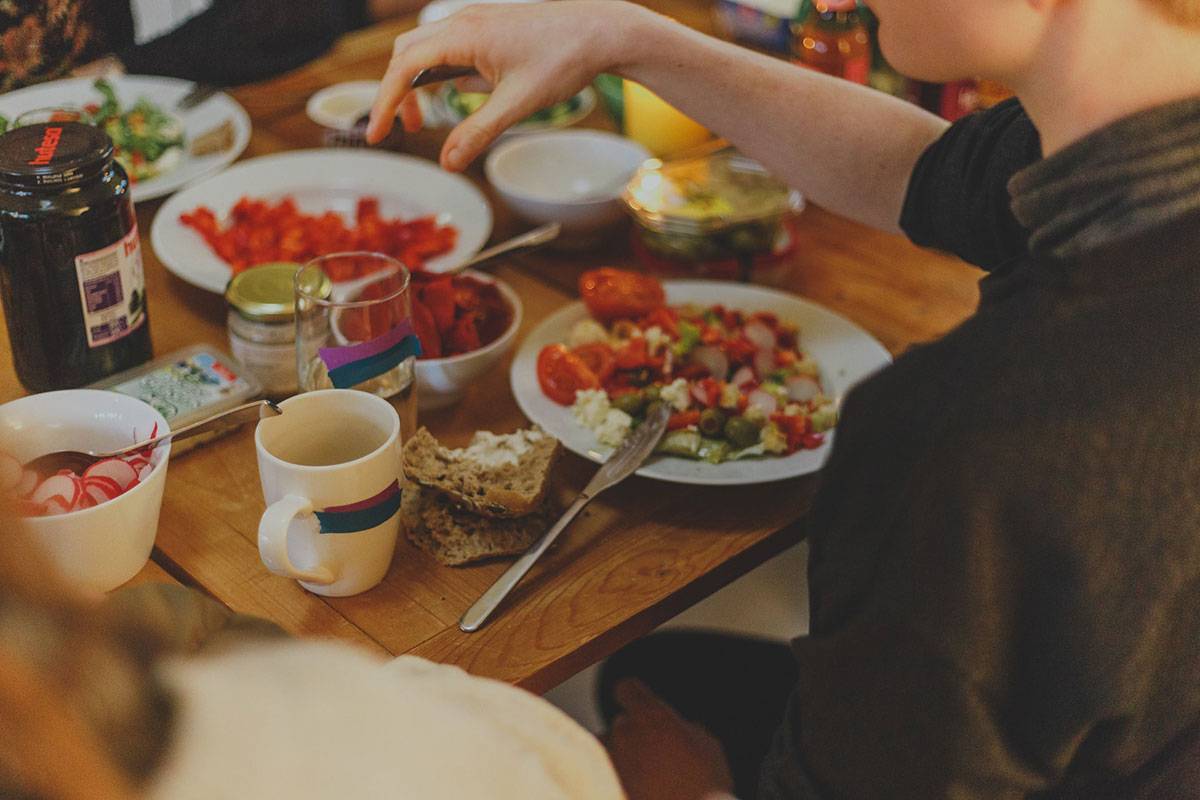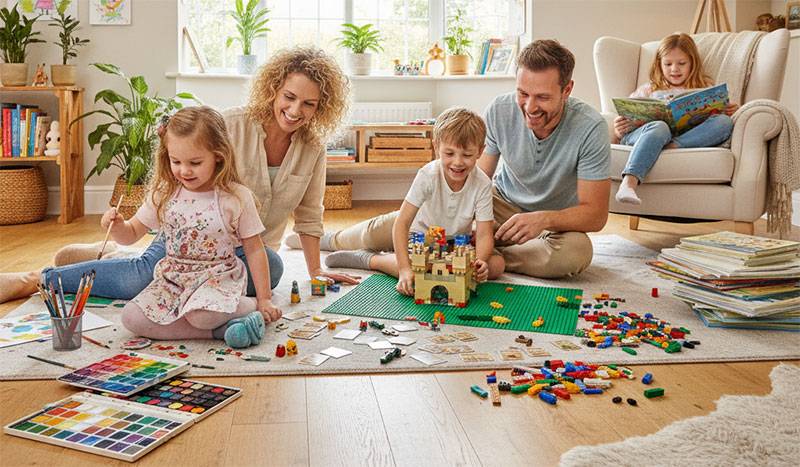What Are Some Important Table Manners?

by Dr. Shanthi Thomas
Good manners go a long way in building a good reputation and image for any person. Good table manners in particular are important parts of the social etiquette, and should be taught to all children right from a young age. Let us see what some of the most important table manners are.
1. Be helpful
Children can do a lot to help adults in meal preparation, laying the table etc. Whether it is at their own home or in a friend’s house, children should be trained to lend a helping hand in different ways. Children can also be taught how to set the table. A simple rule to remember to set the table is BNMW. Bread and Milk on the left and Water on the right. Similarly, the fork is kept on the left and the knife on the right.
2. Cleanliness matters
Children should be taught to come for a meal with clean hands and face. In many cultures, it is mandatory for people to have a bath before dinner. It makes sense too from the point of view of hygiene. In any case, washing up before a meal is an important rule to be followed.
3. Napkin matters
In most set dinners, there is the cloth napkin that is kept folded on the table. Children should watch how the hosts unfold the napkin. If you see the host putting the napkin on their lap, it is a signal for you to follow suit.
4. Waiting pays
One cardinal rule at the dinner table is to wait till everyone is served before one starts to eat. Children usually are impatient, but they should be trained to wait till everyone is seated and served.
5. Chew silently
You can spoil a dinner easily by chewing with your mouth open. Children should be taught to keep their mouth closed while chewing, and to never talk when their mouth is full.
6. About spoons and forks
When you need to cut the items on your plate, you should have the knife in your right hand and the fork in your left hand. Hold the food down with the fork and cut with the knife. Spoons are held in the right hand and can be used to eat foods like soups, broths, etc. Sip from the side of the spoon, not the tip of it. Also, it is bad etiquette to point towards people using a spoon or hold the spoon in your fist.
7. Small bites
Take care not to stuff your mouth full of food. You should take small bites, eat slowly, and never wolf the food down. It puts people off to see your mouth ballooning up with food.
8. Never reach across the table
If you want to get something that is at the other end of the table, do not lean and reach across the table to get it. Ask your tablemates politely to get it for you.
9. No interruptions please
It is a very good practice for the family to have a talk at dinner. Family members can talk about how their day has been, news of the day, or any other subject that interests them. Children can talk about how school was, and other interesting stuff. However, one should never interrupt someone else who is talking. Children have to learn to take turns while talking at the dinner table.
10. Excuse yourself
Excuse yourself from the table if you are leaving for the restroom briefly. It is rude to leave the table without saying anything. In case you need to leave the table briefly, put your napkin on the chair, never on the table or on your plate. When dinner is over, always push the chair back against the table.
11. Blowing your nose, sneezing and coughing
You have to cover your mouth or nose with a napkin when you need to sneeze or cough. Do not use a napkin when you need to blow your nose. Leave immediately and use your handkerchief or tissue.
12. Fingers or utensils?
As a rule, when you are provided with a knife, fork, and spoon, use them to eat your food unless the food is impossible to be eaten with utensils, or if a finger bowl is kept on the table for you to wash your fingers. If you have trouble to get food into your fork, use your knife to push it in; never use your fingers. Some food items such as bread, pizza, sandwiches that are not covered with a sauce, fried chicken, crispy bacon, corn on the cob and small fruits such as grapes or berries are generally accepted as can be eaten with fingers.
13. Be thankful
Finally, say thanks to the hosts. It goes a long way in building relationships.


